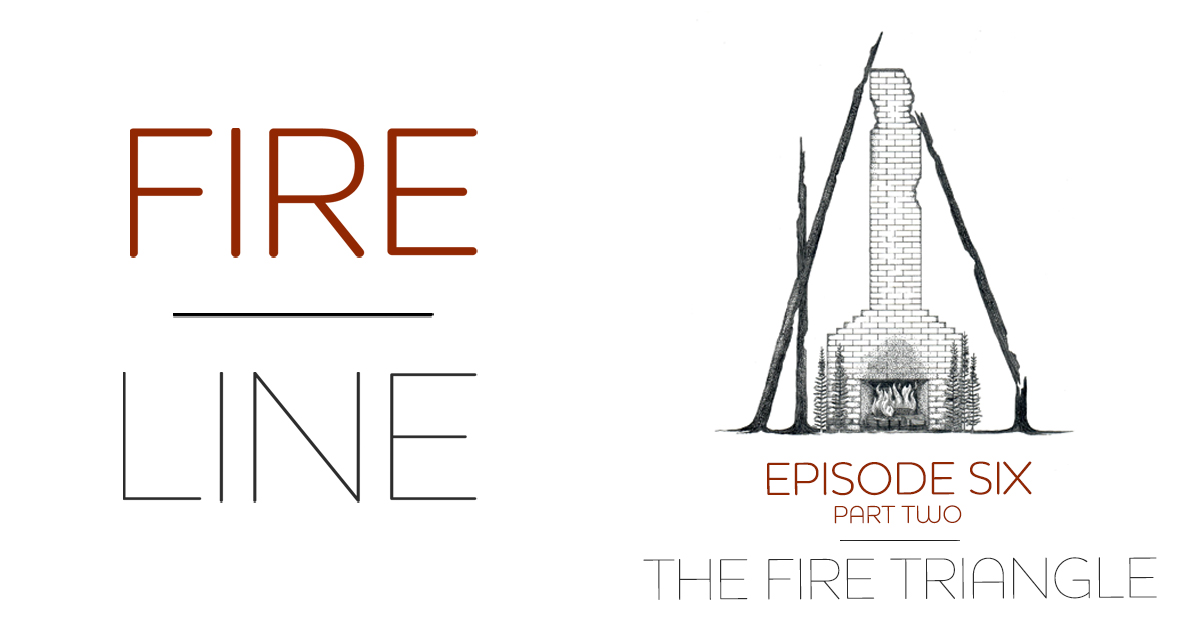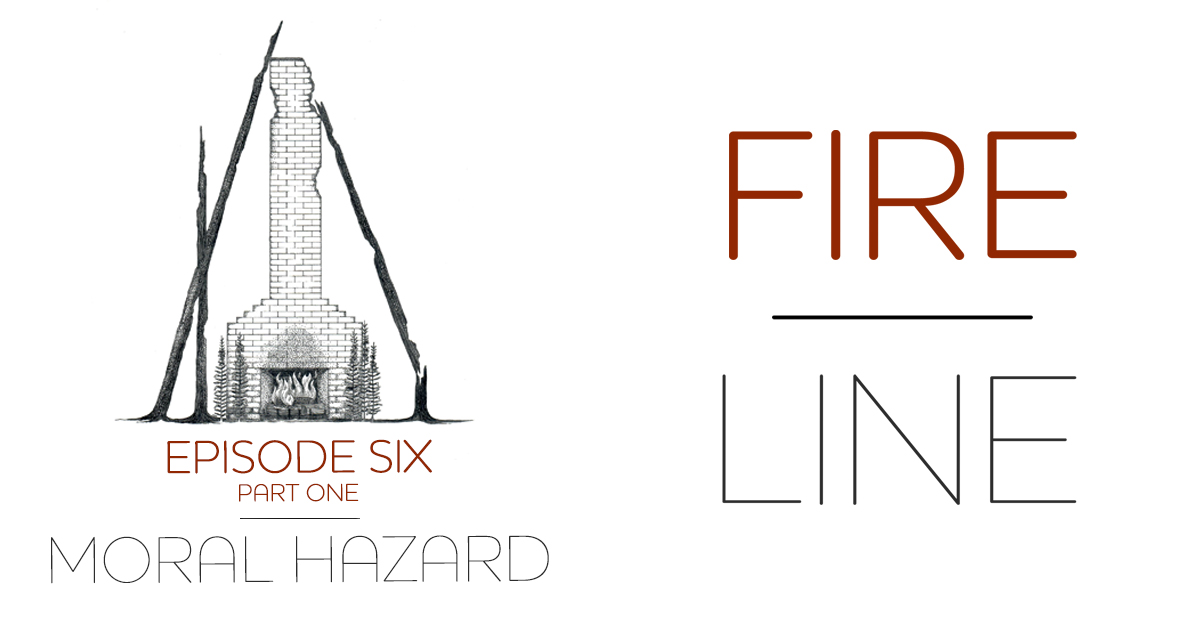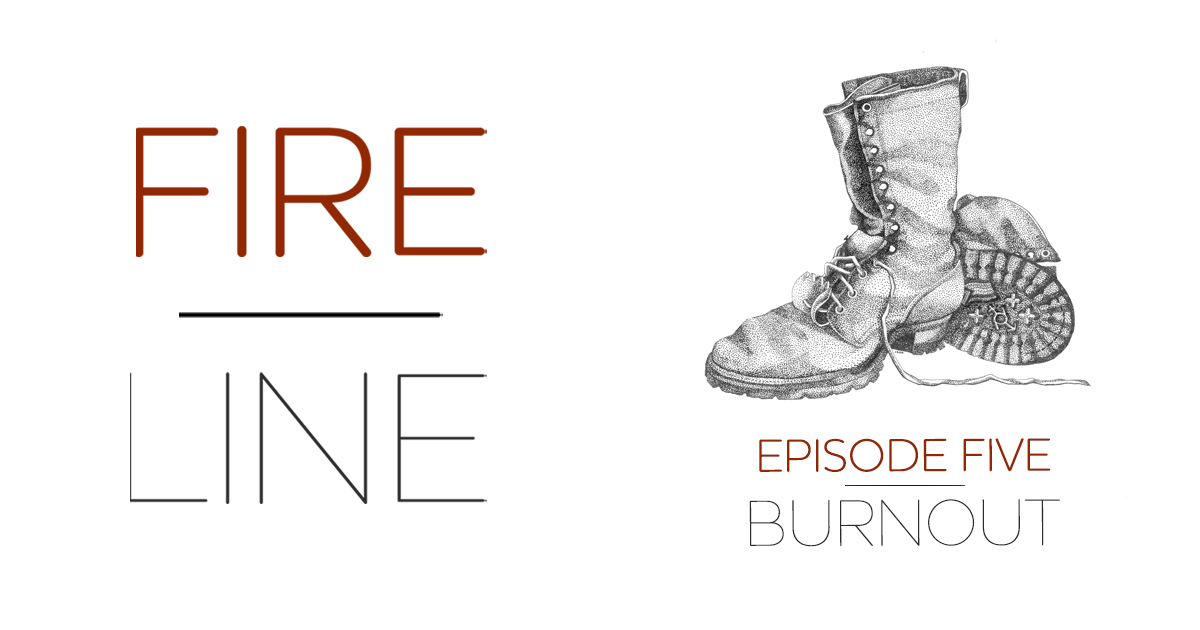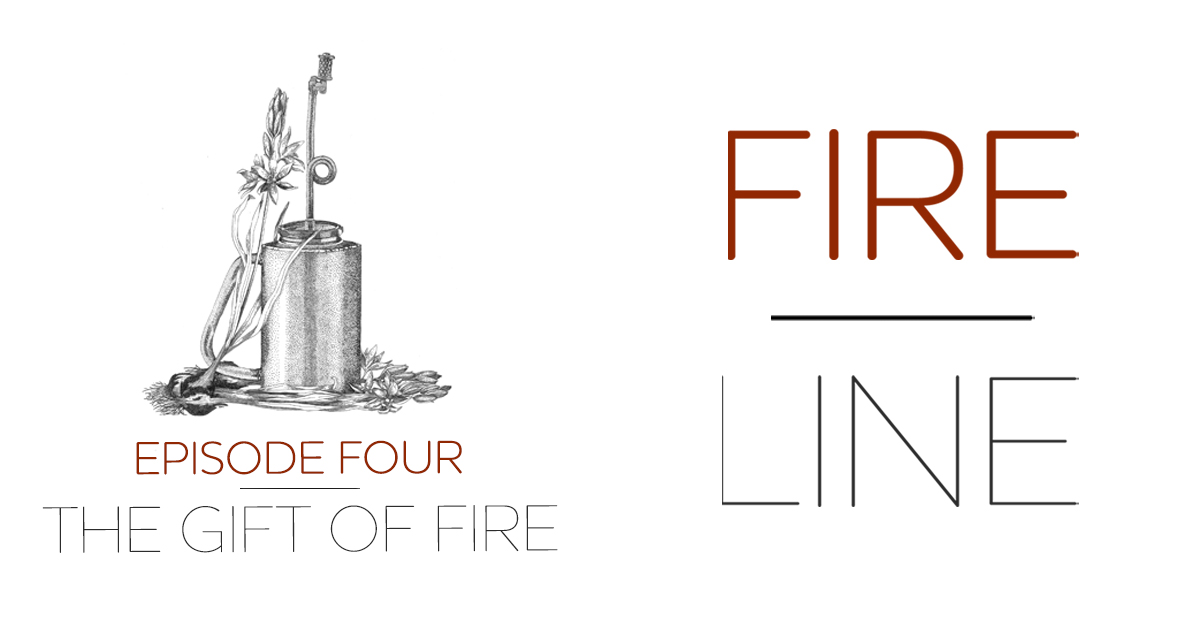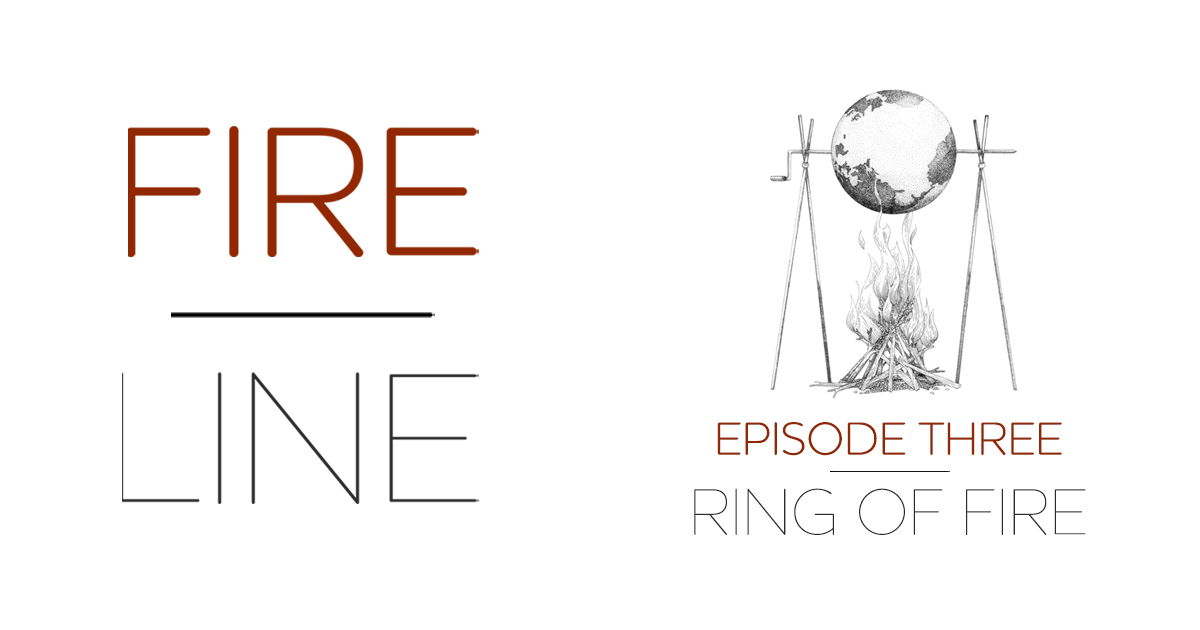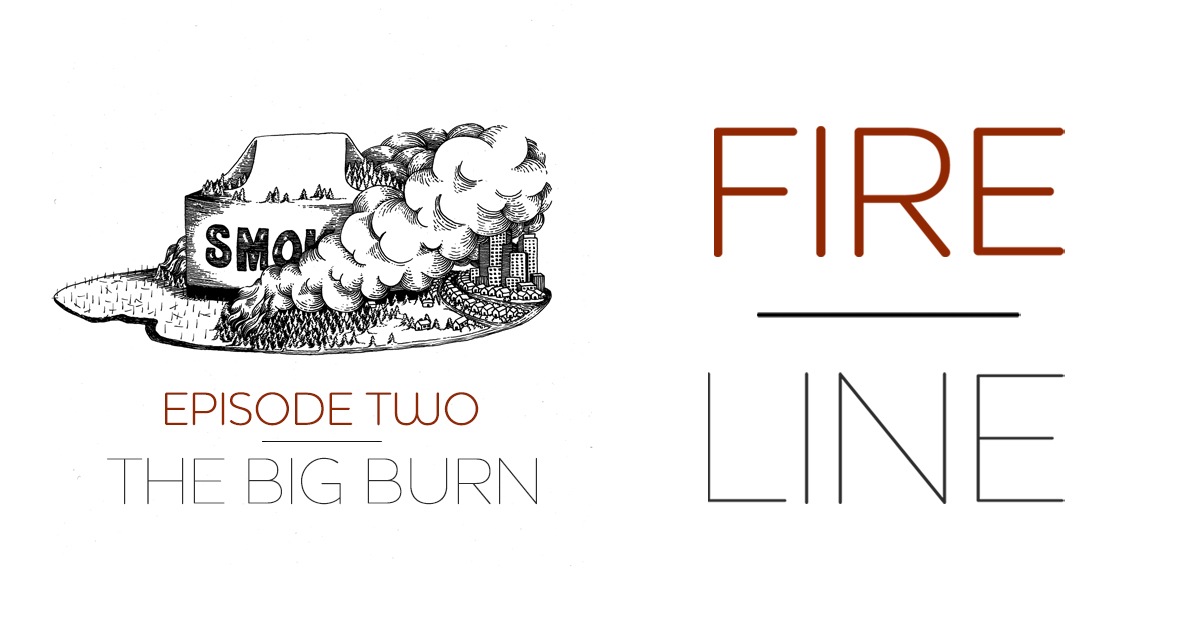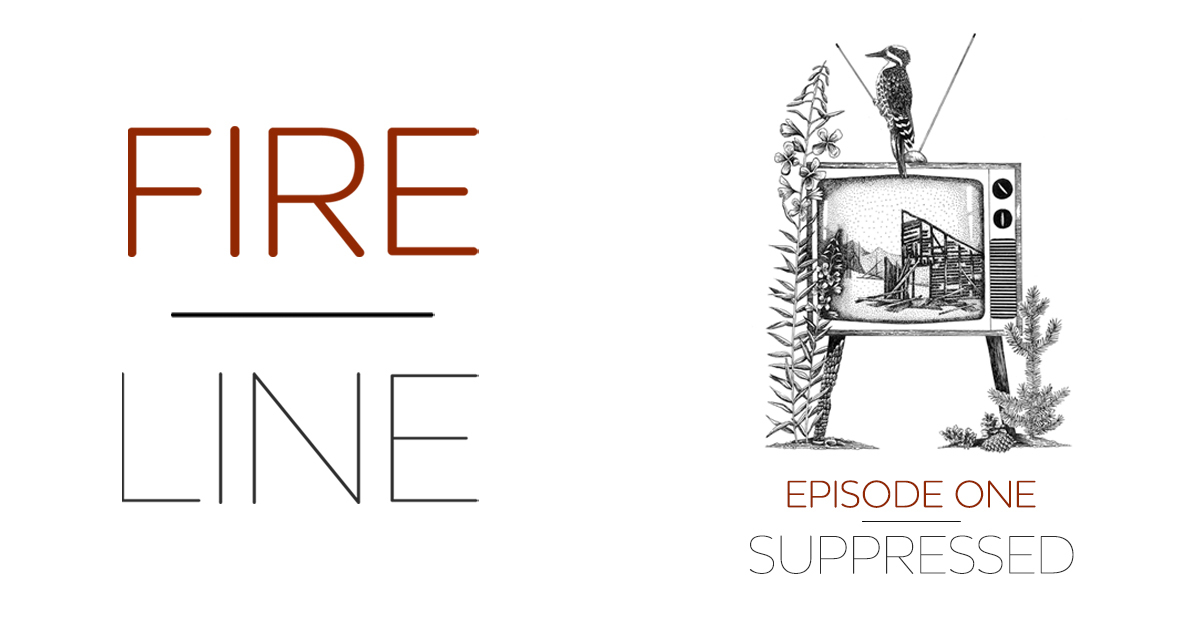By just about every measure, wildfires are getting bigger, hotter and more devastating than we’ve ever seen before. But what all that fire means — and what to do about it — depends on who you ask.
Get a broader perspective on wildfires, our role in fueling and fighting them, and our reaction to them.
Fireline is a six part series about what wildfire means for the West, our planet and our way of life. Listen now or subscribe wherever you get your podcasts.
